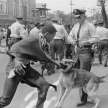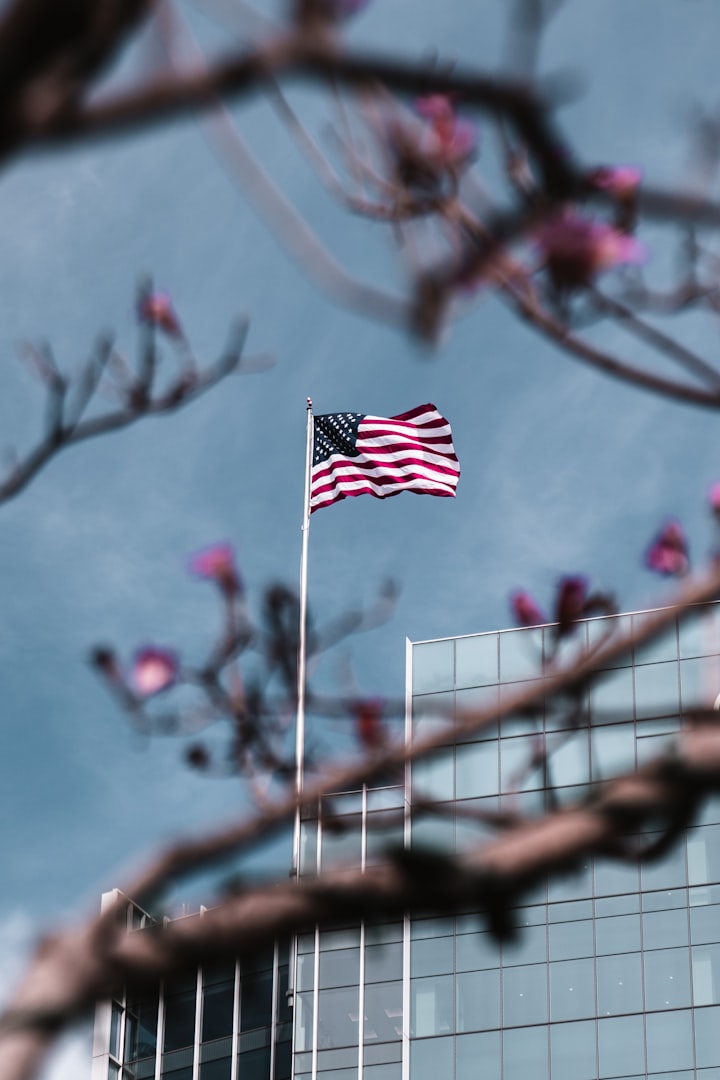
My grandfather, Gus, fought in World War II. He was a proud Black man who enlisted to serve his country, despite knowing that the army was still segregated. He was determined to fight for a better future for himself and his family, but little did he know that discrimination and injustice would continue to plague him even after he returned home.
When Gus came back from the war, he was met with the same racial inequality and discrimination that he had faced before he left. Despite his bravery and dedication to his country, he was still viewed as a second-class citizen. He struggled to find work and housing due to his race, and was denied opportunities that were readily available to white veterans. His service to his country did not earn him the same respect and privileges that white veterans received.
This pattern of discrimination was not unique to Gus or World War II. In fact, it is a recurring theme throughout U.S. history. Black men who have fought in every war, from the Revolutionary War to the Gulf War, have faced discrimination and marginalization upon their return home.
During the Civil War, Black men were allowed to enlist in the Union ar my, but they were often given menial tasks and were paid significantly less than their white counterparts. They were also subjected to brutal and discriminatory treatment by their fellow soldiers and officers. Even after the war, they faced violence and intimidation from white supremacist groups like the Ku Klux Klan.
In World War I, Black soldiers were segregated into separate units and were largely relegated to support roles. They were also subjected to racial discrimination and violence both overseas and at home. Upon their return, they were met with hostility and violence from white supremacists, who saw their service as a threat to the racial hierarchy.
In World War II, Black soldiers were again segregated into separate units and were often given menial tasks. They were also subjected to racial discrimination and violence both overseas and at home. Despite their sacrifices, they were denied many of the benefits that white veterans received, such as the GI Bill, which provided financial assistance for education and housing.
The discrimination and marginalization of Black veterans continued after the Korean War and the Vietnam War. Black soldiers were often assigned to combat units at a higher rate than their white counterparts, and were more likely to be placed in dangerous and high-casualty positions. They were also subjected to racial discrimination and violence both overseas and at home.
The discrimination and marginalization of Black veterans is not just a historical issue, but a contemporary one as well. Black veterans continue to face higher rates of unemployment, homelessness, and poverty than white veterans. They are also more likely to experience mental health issues such as PTSD and depression, which are often exacerbated by the racism and discrimination they face.
It is important to acknowledge the sacrifices and contributions of Black veterans, and to work towards ending the systemic racism and discrimination that they continue to face. This includes addressing issues such as unequal access to healthcare, education, and job opportunities, as well as ending police brutality and other forms of violence against Black people.
As a descendant of a Black veteran, I am proud of my great-grandfather's service and sacrifice, but I am also deeply troubled by the injustices that he and other Black veterans have faced. It is important to remember their struggles and to work towards a more just and equitable society where all people are valued and respected, regardless of their race or background.
About the Creator
Greg B.
Black Man. Writer.
Now abideth faith, hope, charity, these three; but the greatest of these is charity.”
“I sit with Shakespeare and he winced not.”






Comments (1)
Great to be reminded of our history. Some will change, some will try to change, some will continue the same. Still hope lives on for universal unity.